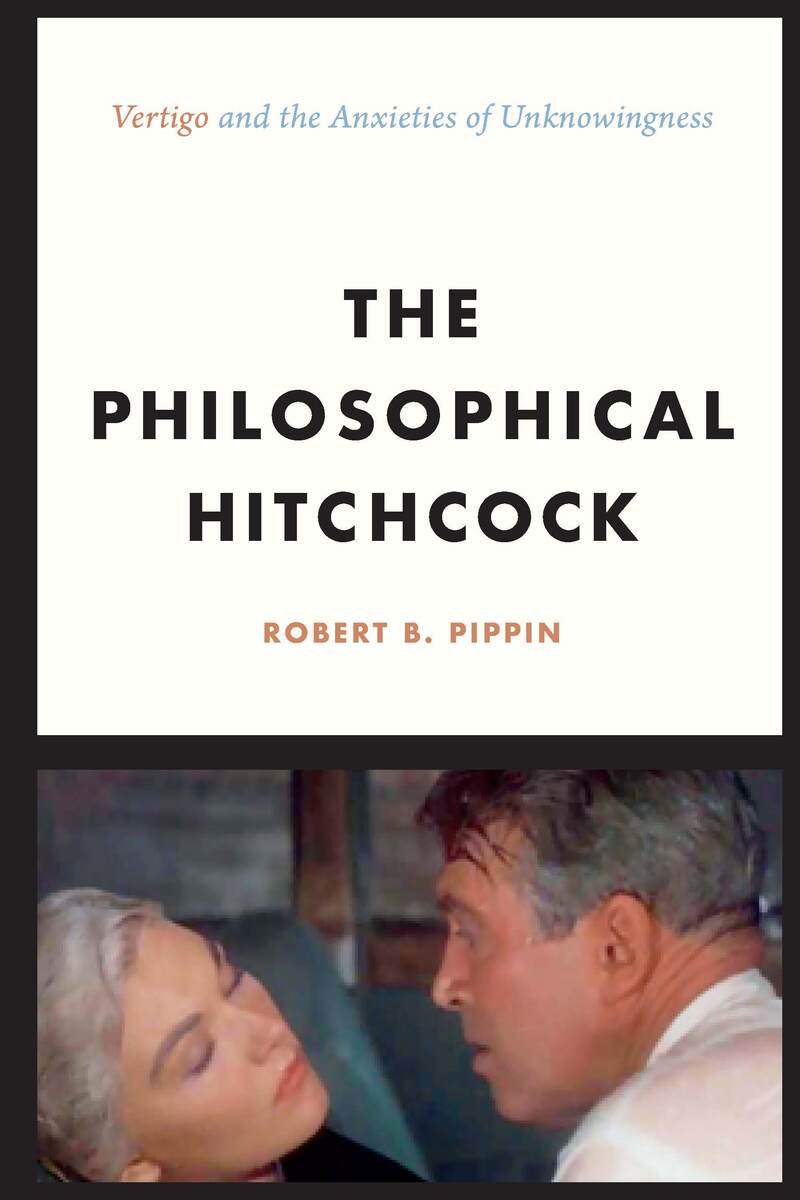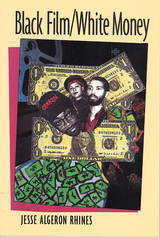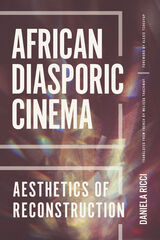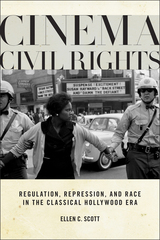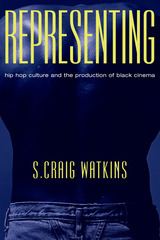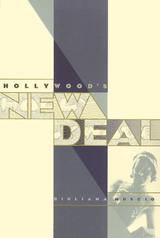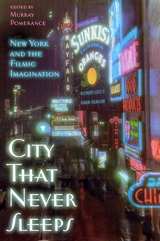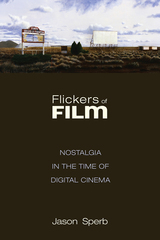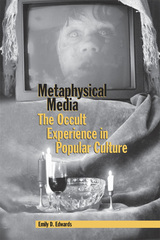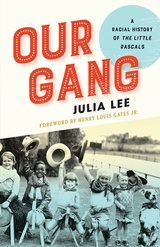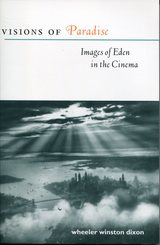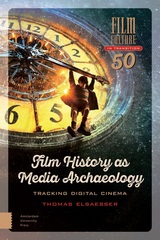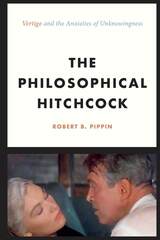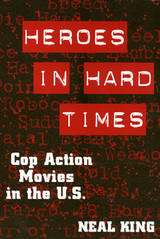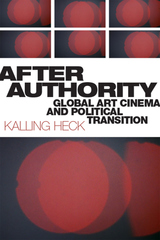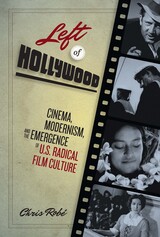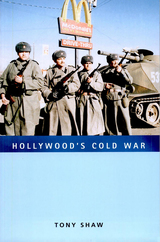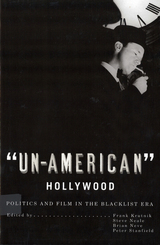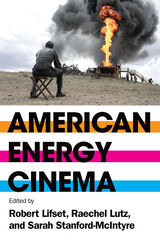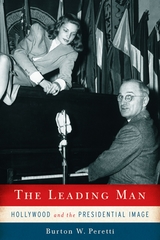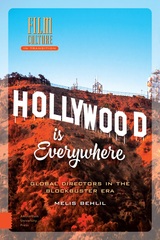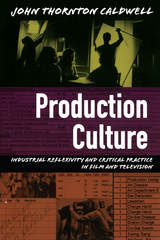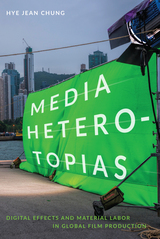“Robert Pippin has written a magnificent work on Hitchcock’s Vertigo. The richness of insights and attention to detail is carefully balanced with an overall coherence of purpose and constant deepening of what Pippin calls the point of the film. The result is an impressive unity of interpretation: a sustained attention to an individual film that is wholly interpenetrated with reflection on the problem of mutual interpretability in the modern world.”
— Eli Friedlander, Tel Aviv University
“No film has been more written about than Vertigo, and it so often brings out the best in the critics who enter Hitchcock’s labyrinth. Robert Pippin’s best is of an extremely high order, as his previous studies of the American western and film noir richly demonstrate. Pippin is fully conversant with the abundant commentary on the film, and adeptly incorporates it into his own scene-by-scene reading. But he also manages the large feat of making Vertigo feel new again within his persuasive context for what he terms the 'philosophical Hitchcock.' Building on Stanley Cavell’s theme of the 'unknown woman' in melodrama, Pippin introduces the kindred concept of unknowingness as a disconcerting constant in human relationships. He convincingly argues that the anxieties swirling within our inescapable uncertainty about others is a preoccupation of Hitchcock that works its way into every segment of the Vertigo narrative.”
— George Toles, University of Manitoba
“The illumination that Pippin’s careful and systematic account casts on this complicated, convoluted movie will remind readers of the virtues of close reading. A seminal and unusual contribution to the literature on Vertigo specifically, on Hitchcock more broadly, and on film in general.”
— George Wilson, University of Southern California
"[Pippin] proposes an interpretation that shows how the film can be said to bear on a philosophical problem. That problem, in Pippin’s words, is concerned with 'commonsense views about what it is to understand another person or be understood by him or her, and about how we present ourselves to others in our public personae'. In service of this aim, he offers an impressively close scrutiny of the film, which also considers its formal and technical properties (a continuing weakness of some film scholarship is its refusal to see films as anything more than text), and demonstrates just how far he has engaged in the voluminous secondary literature surrounding both Hitchcock and Vertigo.... for those who are interested in the film it will offer much insight."
— Times Higher Education
"This is a text for experts in the philosophy of film with a subexpertise in Hitchcock and an interest in and willingness to go the distance on Vertigo in particular. It is an excellent book: thoughtful, finely observed, provocatively argued, and well written. But without a deep familiarity with Vertigo (i.e., recent, contemporaneous, and multiple viewings), much of what Pippin does in The Philosophical Hitchcock will be impossible to keep track of, much less evaluate. The "Prologue," "Introduction," and "Concluding Remarks" will interest anyone working in philosophy and film and more generally on philosophy and fiction (and some other areas of aesthetics); the 18 sharp (and brief) chapters on the film itself can serve as a model of how to think about and talk about what is going on philosophically in a movie. Pippin's account is suitably complex—avoiding the lure of narrative reductiveness—intertwining the visual, the unspoken, the use of camera angles, and many telescoped emotions with many philosophical themes. They may not all be on the surface, of course, but come on, this is Hitchcock!"
— Choice
"Pippin's reading of considerable finesse is in the tradition of moral philosophic writing... Pippin uses Vertigo particularly to explore the state of 'unknowingness' in romantic relationships One of the many compelling ideas he explores is that any romantic relationship between two people actually involves at least six 'people' in terms of how the two are perceived by themselves and their others--as they are, as they see themselves, as they see each other... Pippin's reading makes nearly every nuance of Hitchcock's richest work clear, thought-provoking and rewarding."
— Nick James, Sight & Sound
“The Philosophical Hitchcock makes a wide range of philosophical thinking accessible to a wide audience. Readers of it can pick up a thing or two about Hegel and Heidegger, Sartre and Stanley Cavell, all without having to learn a whole new language or master a bunch of jargon in the process.”
— Riot Material
"Pippin has given us a rich and nuanced analysis of Hitchcock's sophisticated and subtle depiction of the struggle for mutual understanding and the perils of unknowingness in Vertigo. And it is no small achievement to say something fresh and compelling about a film as widely discussed and celebrated as this one."
— Notre Dame Philosophical Reviews
"The reader of Pippin’s book, like Scottie at the end of Vertigo, is left 'suspended' between psychological insight and aesthetic mastery, being reminded, in both philosophical and cinematic terms, of our tragic fallibility and mutual unknowingness. Anyone enthralled by Hitchcock’s masterwork, but also perplexed by its aesthetic and moral meaning, could ask for no better guide than The Philosophical Hitchcock, one of the most satisfying, provocative, and enlightening books on cinema that it has been my pleasure to read."
— Robert Sinnerbrink, LA Review of Books
